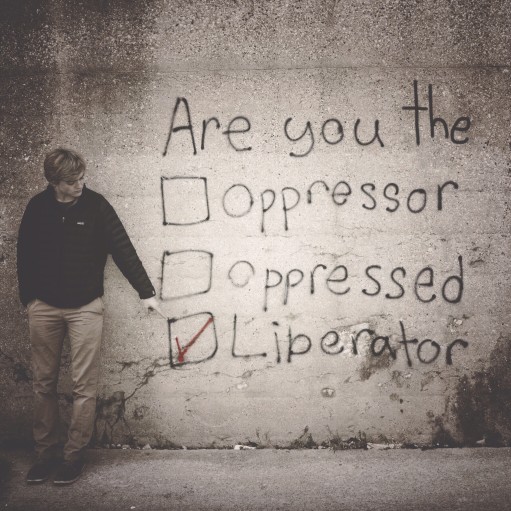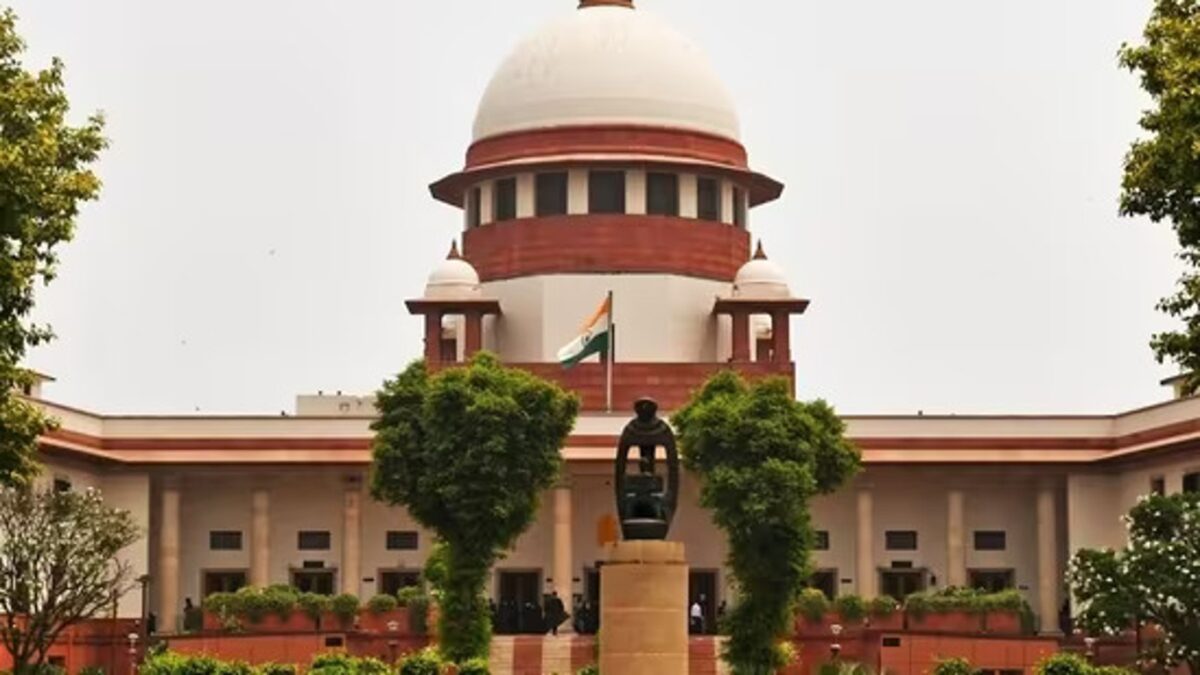The Effect Of The NALSA Judgement On Inclusion Of The Transgender Community (Part 2)

Note from the Editor: Ungender Insights publishes in-depth multi-part features, in longform, from lawyers and other members of the legal fraternity as part of our Legal Updates section at Ungender Insights.
➜ This is part two of a three-part series analysing the effects of the NALSA judgement on the inclusion of the transgender community. It attempts to trace cases of note, decided by various High Courts in India, pursuant to the passing of exhaustive guidelines by the Apex Court in the NALSA judgment. The series focusses on aspects that affect the transgender community, i.e. (i) state policy, (ii) personal liberty and (iii) statutory rights. In today’s instalment the author examines the effect of the NALSA judgement on the bias and stigma attached to the transgender community.
Written by: Megha Chandra 🖊 edited by Varna
Are Police Chowkis In The Know?



It is clear as a bell, that, at least the police authorities in our country had never really received any training or information about the NALSA judgement.
To set this right, several High Courts, stepped up. One such case presented before the Delhi High Court, pertained to an individual named Shivani (Shivy) , who was illegally confined in his grandparent’s home in Agra, and was abused.
His passport and green card was confiscated by his family and he was forced to remain in Agra. When Shivy managed to escape, the parents went to the extent of filing a police complaint, which led to extensive harassment and surveillance of activists who were helping Shivy. The police supported and endorsed this harassment.
Eventually, lawyers and activists had to move the Delhi High Court, where Justice Siddharth Mridul took note of the continued trauma and abuse faced by transgender people despite the NALSA judgment. While the Court granted protection to Shivy, this case is painfully indicative of the fact that authorities remain reluctant to follow NALSA judgement norms[1].
In another case listed before the High Court of Uttarakhand[2] which also involved a complaint by a transgender person seeking protection from respondents, who were threatening life and liberty. In its judgement, the court observed that despite many years of the NALSA judgment, no directions have been issued nor implemented via state authorities.
The court, in this case granted the protection sought, and issued further directions to the state government to implement the guidelines of the NALSA judgment. The question remains, need it have taken so long?
Only Some Courts Say Aye
Quite opposite to Delhi High Court’s strong words in support of NALSA judgment, the High Court of Allahabad did not seem happy about enforcing the law.
When a matter of personal liberty being exercised by a couple (one person of whom was transitioning) came up before the High Court of Allahabad[3], (petitioners complained that family members were harassing them) the court refused to intervene or provide any protection, and stated that the issue raised is that of “social nature between individuals, for which there is no cure in law”.
The court went on to state that this was an “in house” problem, which was to be resolved by the family. Although the court advised an FIR, one cannot help but observe that the court ought to have understood the effect of harassment, and taken into consideration the vast evidence of police atrocities on transgender persons.
Discrimination At Home



In another case [4], a mother sought the issuance of a Habeus Corpus writ for her son, who, according to her was “detained” by transgender persons stating explictly, that he “suffers from a mood disorder including exhibiting psychotic features”.
As the matter unfolded before Court, the son presented himself and stated that he is a member of the transgender community, and is not suffering from any mental aberrations as suggested by the mother. The son’s assertions were obviously confirmed in a psychiatric evaluation, after which the court stated that the man was free to decide the course of life.
However, this person’s freedom came at a cost of being accused of mental aberration by his own mother.
A Long Way To Go
What follows from these cases is the idea, that the State must take affirmative action to grant and safeguard every transgender person the right to personal liberty, as law demands. A shining example of this process, is of course the abolition of Section 377 of the Indian Penal Code (IPC) as far as consensual sexual intercourse is concerned, and the way it has changed the future of so many people for the better.
You can read Part 1 – here, and Part 3 – here.
Endnotes
[1] Shivani Bhat v. State of NCT Delhi, Writ Petition (Crl) 2133 of 2015 before the Delhi High Court
[2] Rano and others v. State of Uttarakhand 2018(4)RCR(Civil)671
[3] Gulfam Malik and others v. State of Uttar Pradesh and others 2018 (5) AWC 5418
[4] Tessy James v. Director General of Police [2018]2KLT1073
About The Author: Megha studied law at the Gujarat National Law University (GNLU) and graduated in 2011. Since then, she has always been a litigating lawyer, first in Delhi and now in Mumbai. Apart from a commercial litigation practice, she also takes a keen interest in human rights in India and their enforcement at the grassroots level.
Ungender Insights is the product of our learning from advisory work at Ungender. Our team specializes in advising workplaces on workplace diversity and inclusion. Write to us at contact@ungender.in to understand how we can partner with your organization to build a more inclusive workplace.
Read our insights about diversity, legal updates and industry knowledge on workplace inclusion at Ungender Insights. Visit our Blog.
Sign up to stay up-to-date with our free e-mail newsletter.
The above insights are a product of our learning from our advisory work at Ungender. Our Team specialises in advising workplaces on gender centric laws.
or email us at contact@ungender.in




